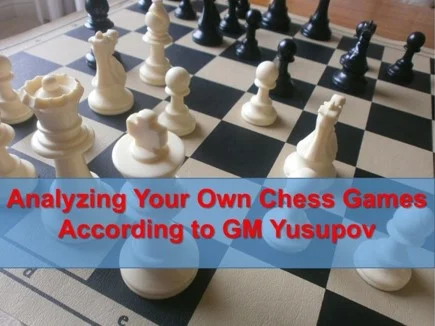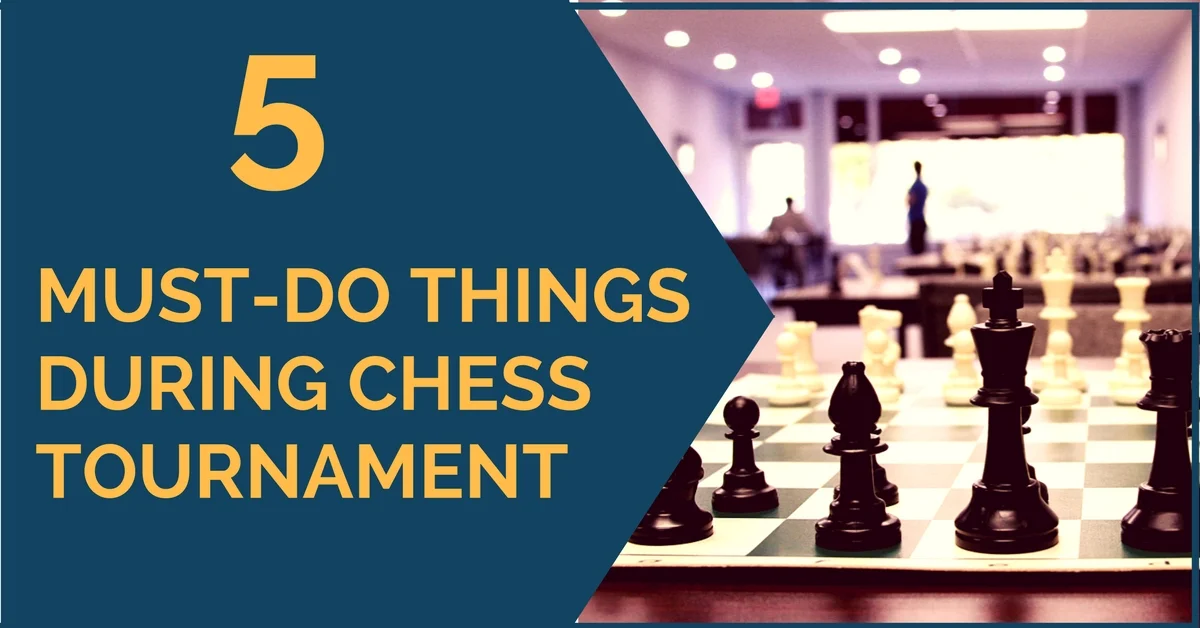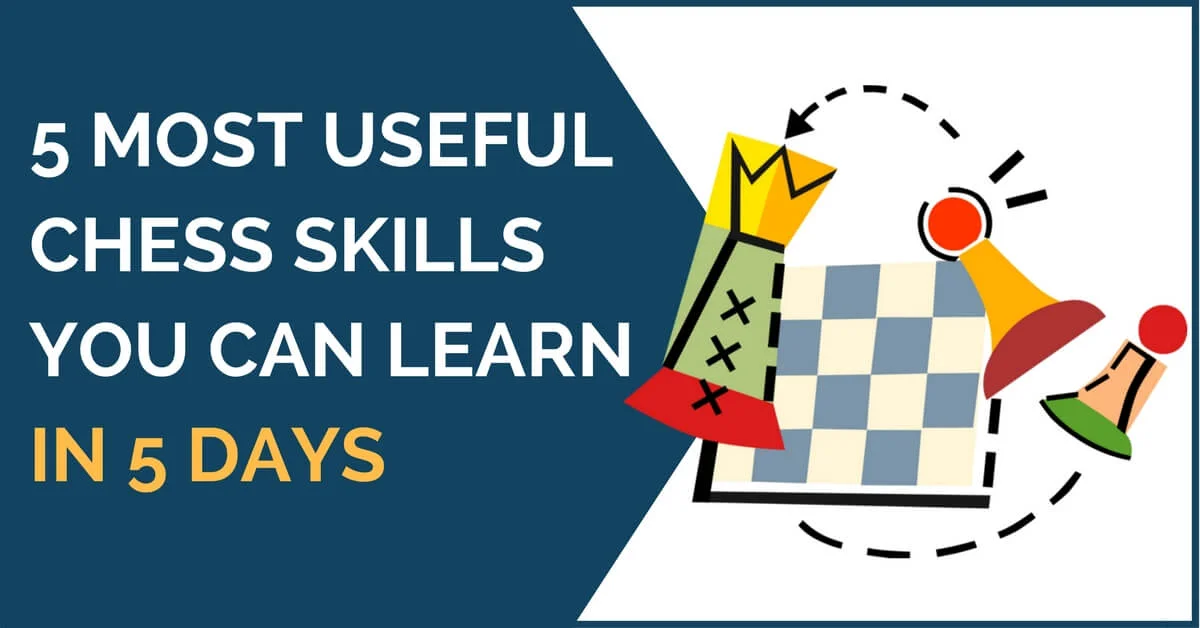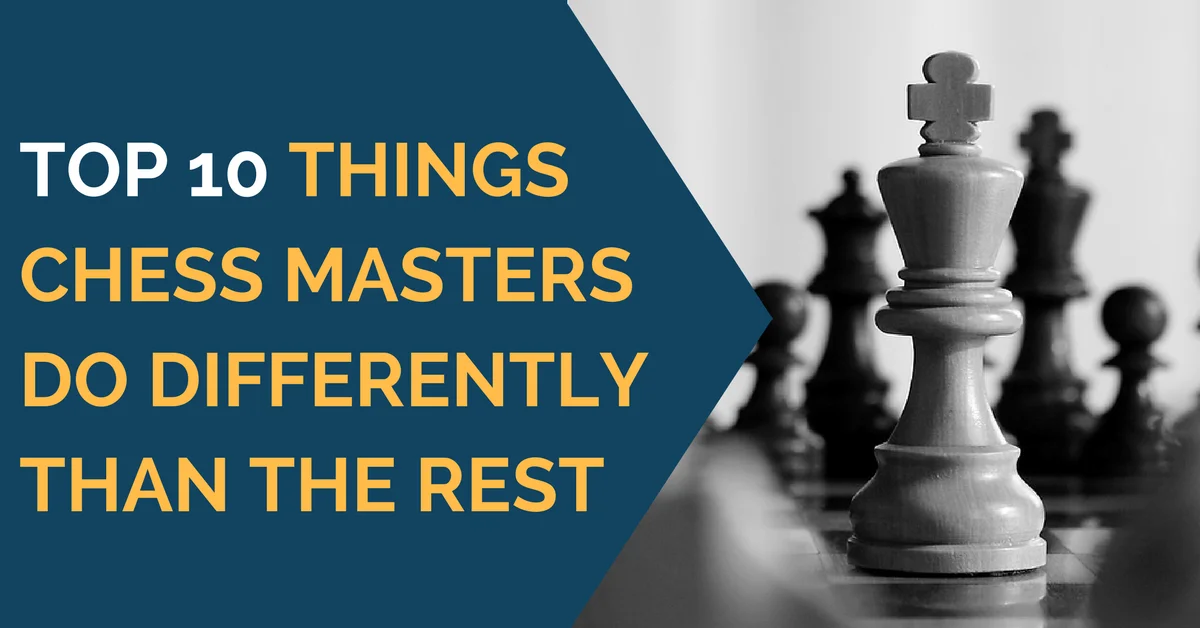Analyzing Your Own Chess Games According to GM Yusupov

Analysis of your own games is extremely important part of self-development process. I’m sure that without a proper evaluation of your own games, deep analysis of critical positions, identification of key mistakes and patterns it is almost impossible to make serious progress as a chess player.
It does not mean, however, that the analysis of your own games is the only task a chess player needs to do. Of course, studying classical games, learning elementary endgames, common middle games and some opening theory are also important for becoming a stronger player.
However, we learn the best from our own mistakes and the games we played ourselves and thought through. We have solved many difficult problems in each of the games we have played. When we engage in the post-game analysis we should double check the lines and variation that we have evaluated during the game. Some of these lines may not be very accurate, some totally incorrect. That is normal, and that’s how we learn. Sometimes our opponent penalizes us for these inaccuracies, but quiet often they are left unnoticed.
What should you pay a specific attention to when analyzing your own game?
1. Critical Positions
You should start your analysis by identifying critical positions in the game. A critical position can be simply defined as a position where a mistake was made, a drastic change happened, or some big opportunity was missed. The ability to identify critical moments in the game is extremely important skill to master. By training this skill during the analysis sessions, you will most certainly be able to apply it in actual games.
I believe that the ability to find a critical position in the game, is among most important skills that allows competing on the highest level. Often you cannot calculate everything, you need to rely on your intuition. Sometimes, the outcome of the game depends on a single move.
Even among the greatest chess players some do not possess this important skill to the full extent. For example Boris Spassky believed that Bobby Fischer is one of them. Even though Fischer did not have any serious weaknesses, he had couple of minor ones. One of them is that Fischer was not always able to identify the critical moment of the game which sometimes cost him. To get rid of this kind of weakness you need to critically study your own games.
Note: in TheChessWorld.com training course we provide you with diagnostics tools that allows identifying the most common mistakes and patterns of mistakes in your won play. Next, you can correct them and start picking up these ELO points.
2. Cause of Mistakes
Next you should focus on finding the cause of your mistakes. When you identify the mistakes, you start seeing patterns in your play. Soon you starting to realize why these mistakes are being made. Indeed, it is much easier when a stronger player or a coach help you in this process, but you will learn much more by analyzing this yourself.
After identifying the most common mistakes you will be able to adjust your thinking and be able to avoid them. Realizing that you have a weakness is a first step to fixing it.
3. Missed Possibilities
Finally, it is very important to look for new possibilities that were missed in the actual game. There are maybe many reasons for that: lack of time, other variations and lines you have keep in mind, etc. After a deep positional analysis you will start understanding a certain type of positions better. It is also a good method for developing chess intuition and feel for certain positions. You will more deeply understand most common strategic and tactical ideas and chess themes.
The conclusions made based on your own experience are much more valuable than those obtained from some other sources.
You should also pay attention to the opening stage of the game. You should try finding better moves to improve your position, especially if you’re not fully satisfied with your opening play. Critical evaluation of the game as a whole will lead to a much faster progress on your way to becoming a stronger chess player.
Adapted from “Chess Training Methods” by Mark Dvoretsky and Arthur Yusupov
Start your systematic chess training today, sign up for our complete training program.










Comments: